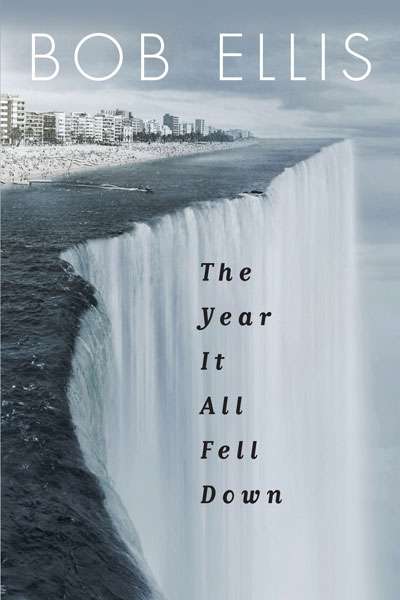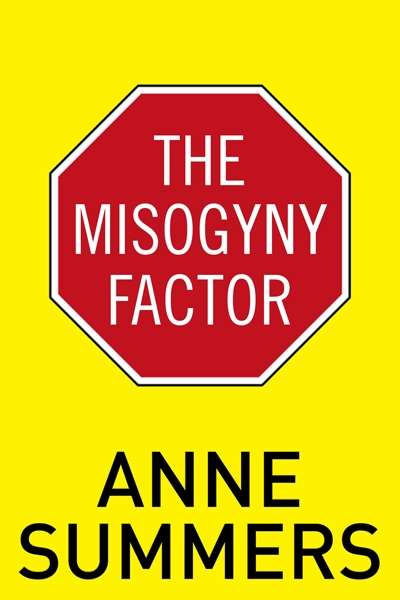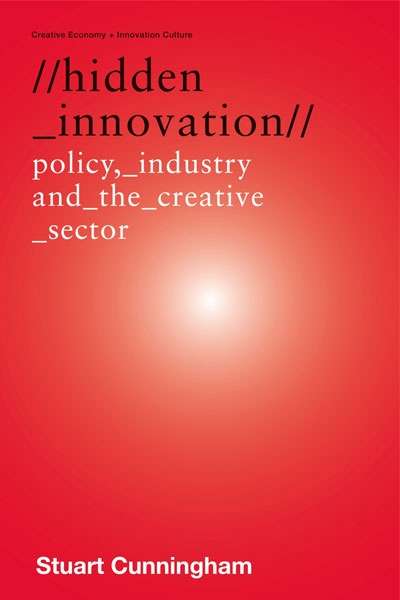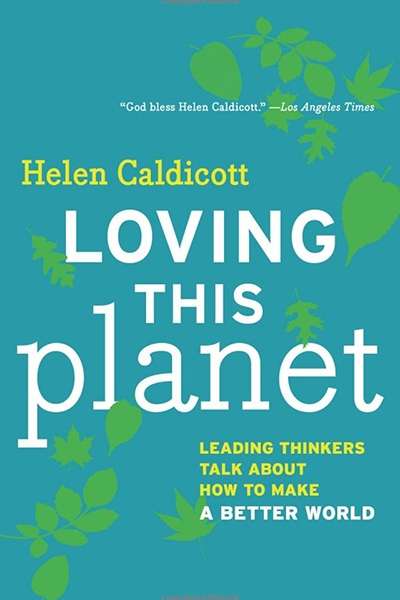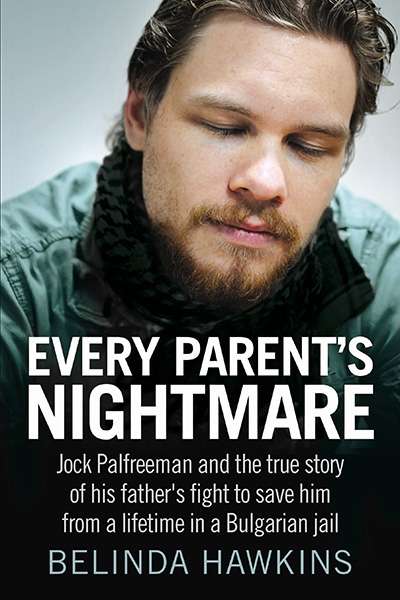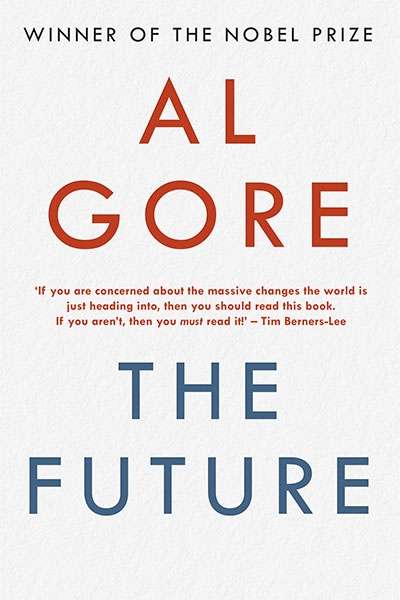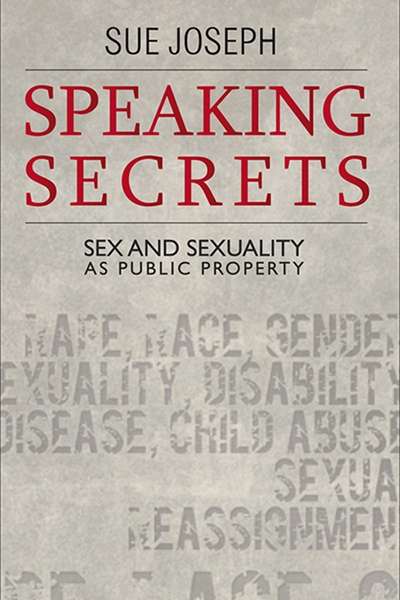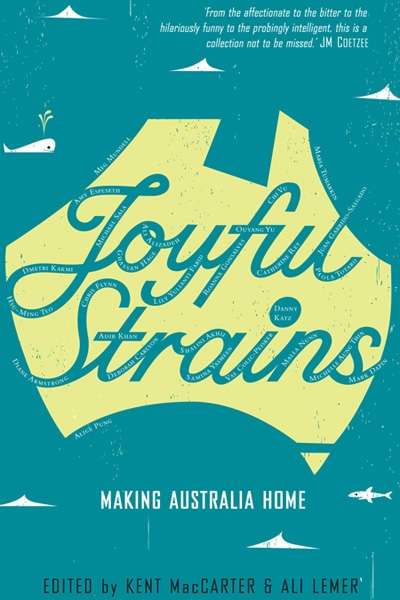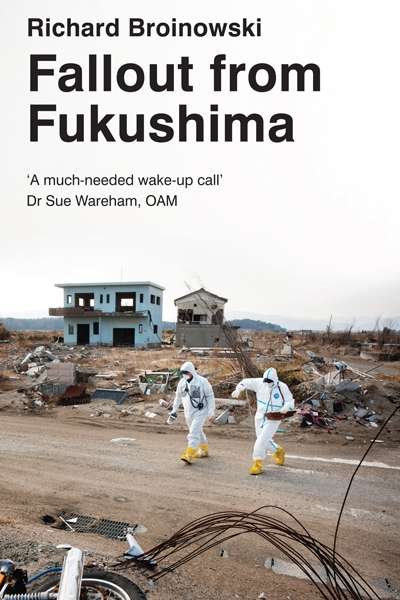Society
In The Year It All Fell Down, journalist Bob Ellis revisits 2011, a year that, as the title suggests, produced social and political change on a global scale. The text provides a month-by-month account of this dramatic time. Ellis covers the Queensland floods and the Tōhoku earthquake and tsunami ...
... (read more)Julia Gillard’s magnificent tirade against Tony Abbott in parliament last year has given Anne Summers her title for The Misogyny Factor, a polemic on the landscape of sexism and disadvantage in Australia based on two of her own recent speeches. Hillary Clinton’s distinction between progress (the signs of how far we have come) and success (enduring changes in attitudes and structures) provides another important point of reference. A strong believer in affirmative action, Summers documents startling statistics about persisting discrepancies between the sexes in income, representation in positions of power, and recognition and rewards.
... (read more)Hidden Innovation: Policy, Industry and the Creative Sector by Stuart Cunningham
According to one study cited in Stuart Cunningham’s book, there are two opposing groups of people: ‘Political Junkies (PJs)’ and ‘Big Brother fans (BBs)’. PJs think that it beggars belief that anyone could think Big Brother was useful. BBs say that politicians are unapproachable and out of touch. As an MP who used to quite enjoy watching Big Brother, I found myself torn. Am I a BB or a PJ? A PJ in BBs? Or a BB in PJs?
... (read more)Soldier of Christ: The Life of Pope Pius XII by Robert A. Ventresca
Not the least portent of change in the Catholic Church since the Argentine Jesuit Jorge Bergoglio was elected as Pope Francis earlier this year has been mounting speculation that the new pontiff will disclose all documents in the Vatican archives concerning the most controversial of his twentieth-century predecessors, Eugenio Pacelli, who reigned as Pius XII from 1939 to 1958.
... (read more)Loving This Planet by Helen Caldicott & Waging Peace by Anne Deveson
In a world punctuated by civil and global conflict, it seems almost quaint to promote peace as a weapon of choice. Even in more progressive quarters, an explicit identification with pacifism seems to evoke nostalgia for a time when the enemy was obvious and the mission supposedly self-evident. But in recent decades the threat has become more nebulous, as has the relationship between defence, government, and the arms industry. Ideological differences, rather than territorial disputes, are much harder to resolve. A drone strike, regardless of its intended specificity, will always incur – to borrow from army parlance – a significant amount of ‘collateral damage’.
... (read more)Every Parent’s Nightmare: Jock Palfreeman and the True Story of His Father’s Fight to Save Him from a Lifetime in a Bulgarian Jail by Belinda Hawkins
Like the best examples of true crime books, Every Parent’s Nightmare goes far beyond the tragedy at its centre and places it in its socio-economic context. Belinda Hawkins details how a death in Bulgaria back in 2007 became a highly politicised incident, and offers a convincing explanation as to why the trial was so sloppy and one-sided ...
... (read more)Confronting the void that awaits any failed US presidential nominee is a tough gig. Short shrift is given to those who have come so far, only to fall short at the last hurdle. Take Bob Dole, who became a shill for Viagra in the late 1990s after losing to Bill Clinton. God knows what the future holds for Mitt Romney. But there are also success stories. Jimmy Carter lost to Ronald Reagan in a landslide, but his humanitarian and peacekeeping efforts (for which he was awarded the Nobel Peace Prize) have yielded a legacy far better than the one proffered by his one-term tenure.
... (read more)Speaking Secrets: Sex and Sexuality as Public Property by Sue Joseph
In Speaking Secrets, academic and journalist Sue Joseph looks at what happens when sex becomes ‘public property’, and interviews a range of Australians who have had often traumatic sex and sexuality-related experiences aired to a wide audience through the media. Some of her interviewees are well known, others are not. Several discuss their experience of sexual abuse, either as a victim or as the relative of a victim. There is an interview with David Cunningham, the Greens candidate who has argued that ‘disabled people need sex lives’. Cunningham (who has cerebral palsy) has stated that people with disabilities should have access to sex workers. There are interviews with the transgender lawyer Rachael Wallbank and the Reverend Dorothy McRae-McMahon, a Uniting Church minister who came out as a lesbian in 1997. In one amusing moment, McRae-McMahon finds herself discussing anal sex during her conversation with Joseph in a Sydney café.Speaking Secrets is situated in the field of literary journalism. Reading Joseph’s evocative prose, the reader almost feels as if he is eavesdropping on the interviews. Still, the author leaves much to the imagination (I will discuss one instance of this). There is not a cliché or a superfluous word in the book.
... (read more)Joyful Strains: Making Australia Home edited by Kent MacCarter and Ali Lemer
In the aftermath of Chernobyl it is hard not to see nuclear disaster as the muse of abject horror. The degree of uncertainty surrounding life after catastrophe – genetic mutation, contaminated food supplies, mass displacement of townships – is unfathomable for governments and citizens alike. At a time when the need for accurate information is at its greatest, misinformation spreads quickly, sometimes deliberately. Reflexive distrust can be a handy survival mechanism to have during a national crisis.
... (read more)

